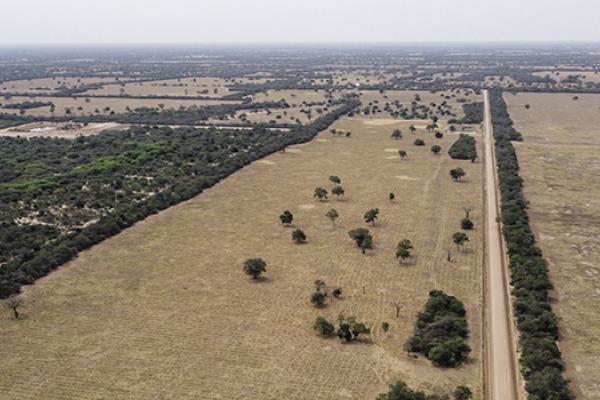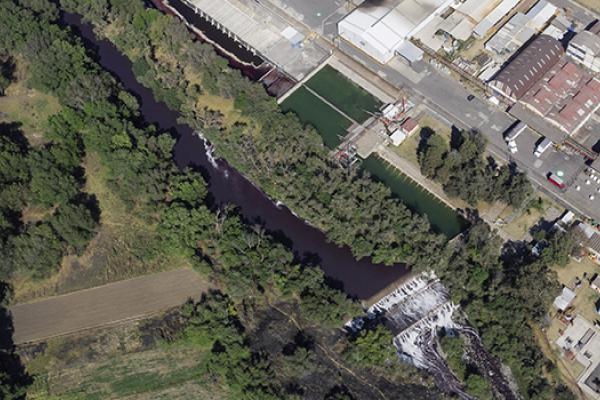Flavia Campeis is an Argentinian journalist with over 20 years of experience in print media and radio.
She holds a degree in Social Communication from the National University of Rosario.
Flavia has worked with various international media and has been involved with community radio stations throughout Latin America since childhood, including hosting the national news programme for the Argentine Community Radio Forum.
In recent years, Flavia has become a podcast specialist, running the true crime podcast Where is Paula? which is listened to in over 50 countries. She is currently the podcast editor for Late Magazine.
Flavia has also been a grantee and collaborator with the prestigious Gabo Foundation, giving workshops at the Gabo Festival. For four years she has participated in the permanent workshop led by the writer Leila Guerriero.
In 2023, Flavia presented her work at the Internazionale Festival in Ferrara, Italy, at the Estación Podcast in Madrid, Spain, and at the Trampa publishing house in Barcelona. She has also given podcast workshops in Colombia, Ecuador, Spain and Argentina.


